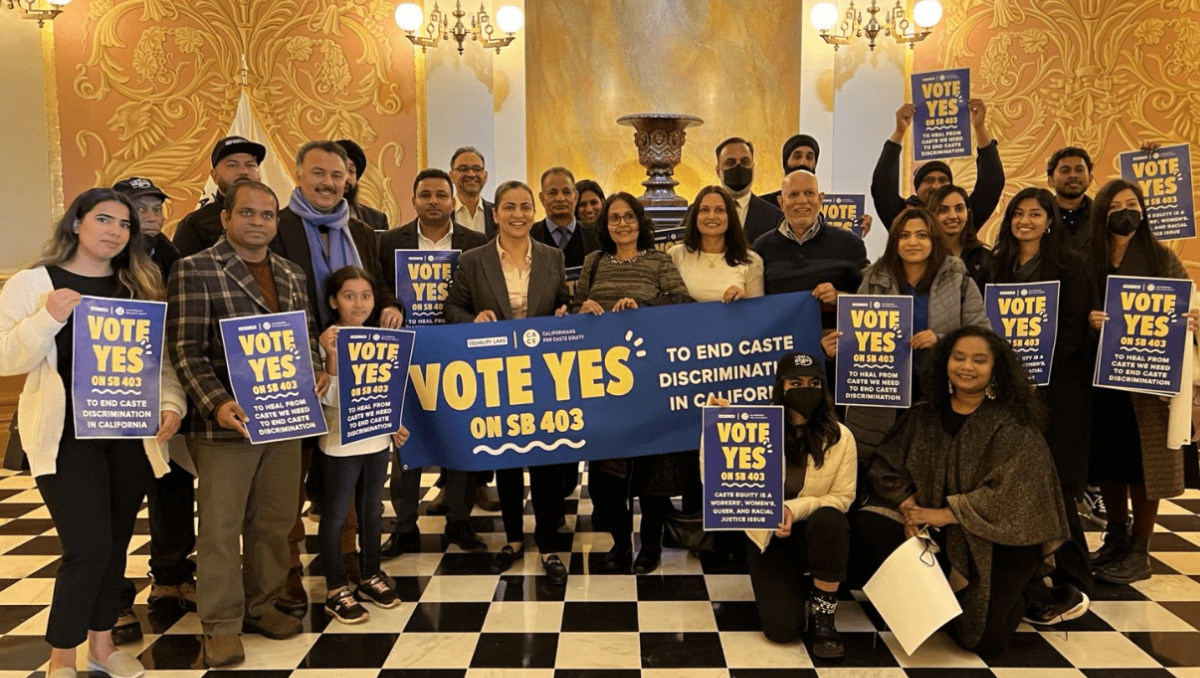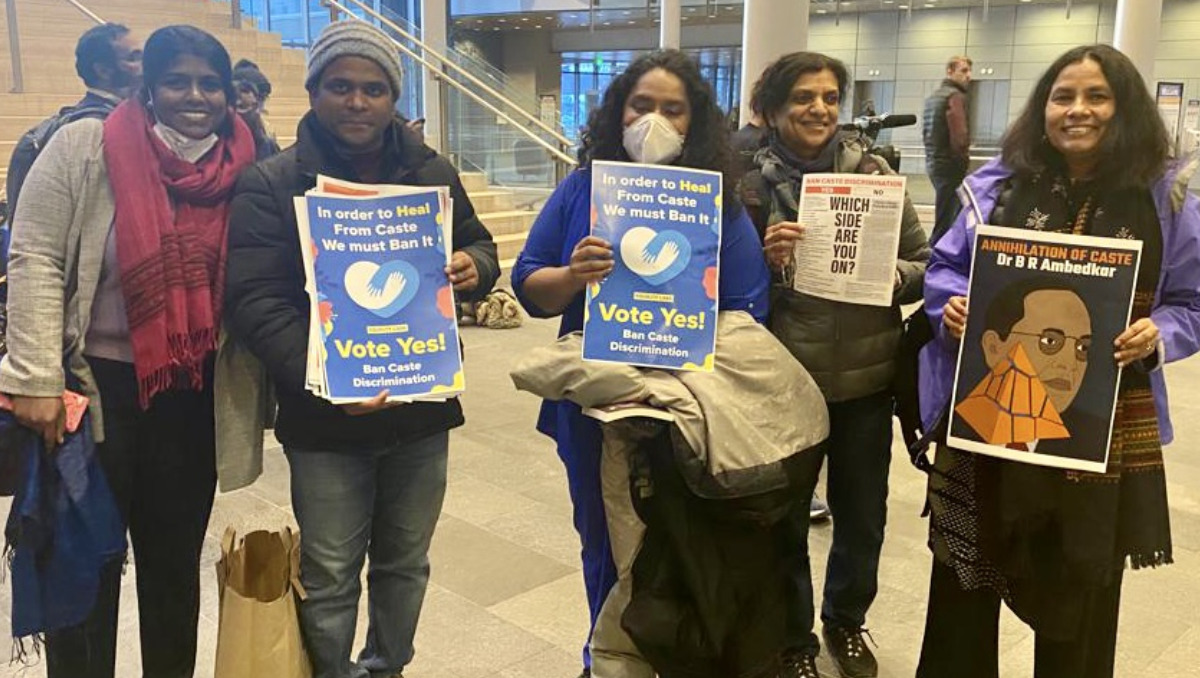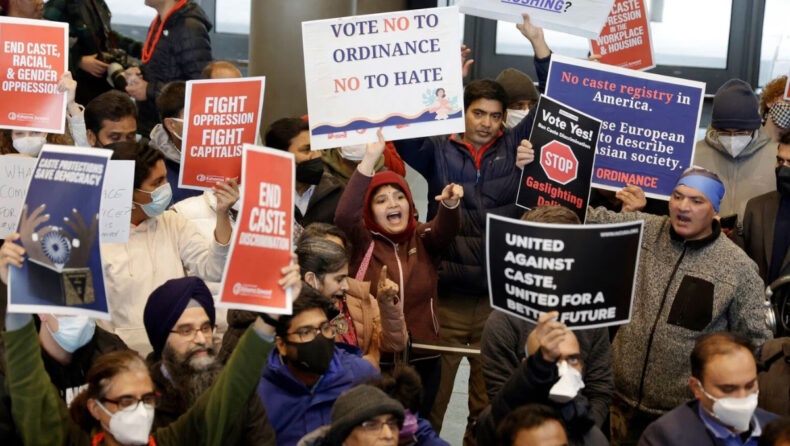In a groundbreaking move, the California Assembly has taken a significant stride towards combating caste-based discrimination by passing a bill that would make California the first state in the United States to include caste as a protected category under its anti-discrimination laws. The bill, known as SB 403, was authored by Democratic Party State Senator Aisha Wahab and was met with overwhelming support, passing with a vote of 55-3. The legislation is now set to be sent to the state Senate for concurrence and, once approved, will be presented to Governor Gavin Newsom for his signature.
Table of Contents

Unprecedented Measures Against Caste Discrimination
The bill seeks to revise and expand upon California’s existing anti-discrimination laws. If signed into law, the legislation will add caste as a protected category under the umbrella of “ancestry” within California’s Unruh Civil Rights Act, Education, and Housing codes. This move is a direct response to the advocacy efforts of several civil rights organizations, including Equality Labs, which has been at the forefront of the movement to eliminate caste discrimination in the United States. The bill’s passage marks a historic moment for marginalized communities, particularly Dalits and other caste-oppressed individuals who have been fighting against centuries-old discrimination.
Triumphant Advocacy Amidst Opposition
The bill’s author, Senator Aisha Wahab, expressed her gratitude to the Assembly members who supported SB 403, highlighting the importance of protecting individuals from long-standing forms of discrimination. This sentiment was echoed by Thenmozhi Soundararajan, the executive director of Equality Labs, who described the Assembly’s decision as a “win for the ages.” She emphasized that the bill’s passage represented a victory for those who have endured caste-based discrimination and a step towards justice.

However, the bill has also faced opposition from certain quarters, particularly the Coalition of Hindus of North America (CoHNA). CoHNA criticized the bill, arguing that it was specifically designed to target Hindu Americans. Despite the opposition, supporters of the bill argue that its purpose is to ensure that institutions and companies do not perpetuate caste-based discrimination, thereby safeguarding the rights and dignity of marginalized communities.
Caste Discrimination in the United States
Caste discrimination has long been a concern within the United States, particularly among South Asian communities. Incidents of caste-based discrimination have been reported, particularly within technology companies based in California’s Silicon Valley. A lawsuit against a technology company alleged that a Dalit engineer faced discrimination at work due to his caste identity. Additionally, debates have emerged within technology companies about discussing and addressing caste discrimination, with Google canceling a talk on the subject due to internal disagreements.

California Leading the Way
With the passage of SB 403, California is poised to make history by becoming the first state in the United States to outlaw caste-based discrimination through legislative action. This momentous step reflects a growing awareness and commitment to addressing the complex issue of caste discrimination within the country. As the bill progresses toward the governor’s desk, its supporters anticipate a transformative change in the fight against discrimination, one that will resonate far beyond the borders of California and set an example for other states to follow.
In a world marked by shifting tides and changing norms, the passage of the Anti-Caste Discrimination Bill in California stands as a testament to the power of advocacy, unity, and the determination to bring about social justice. As the bill awaits the final approval of the Senate and the signature of Governor Gavin Newsom, its impact is expected to reverberate through society, offering hope and protection to generations to come.
Read More: ‘Rape’ racket busted in Goa












